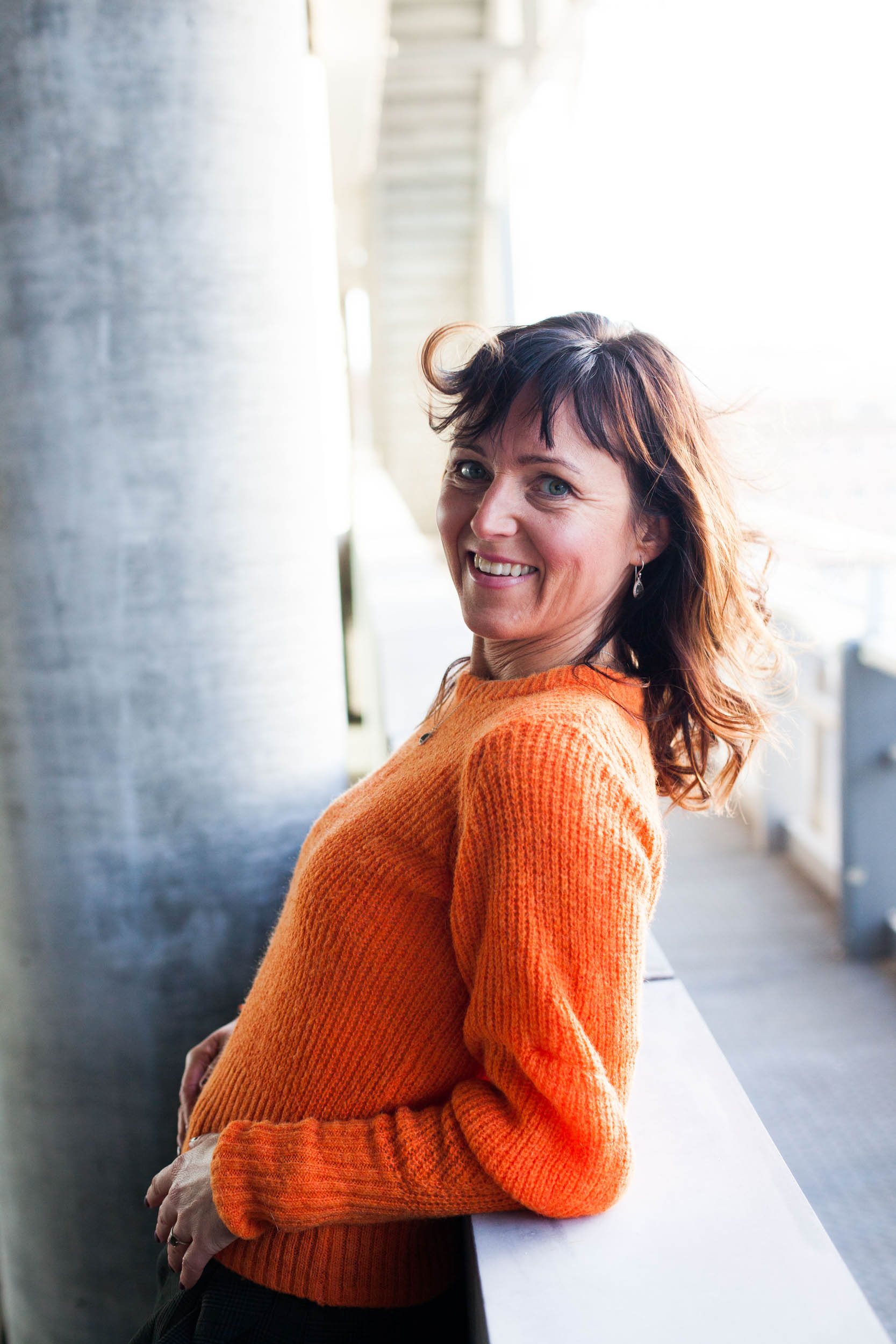The Path to Emotional Liberation
Drama frequently emerges in our daily lives, often unexpectedly, weaving a web of chaos and sapping our emotional vitality. Far from being an external force that we're powerless against, it's often a scenario we unwittingly contribute to and perpetuate. This realization opens the door to a transformative journey - one where we learn not just to avoid drama, but to actively disengage from its intricate dance.
Understanding the dynamics of drama is key to this process. It's about peeling back the layers to reveal the undercurrents that drive these emotionally charged situations. Are they rooted in unmet needs, miscommunications, or perhaps unresolved personal issues? By exploring these underlying factors, we gain crucial insights into why drama unfolds in our lives and how we can effectively steer clear of it.
Armed with this understanding, the path to a drama-free existence becomes clearer. It involves developing strategies and tools that help us navigate the turbulent waters of emotional conflicts and misunderstandings. This journey is not about suppressing or avoiding emotions but about learning to manage them in a way that brings peace and balance to our lives. It’s about building a foundation of self-awareness, emotional intelligence, and effective communication that supports a life of harmony and reduced drama.
"Real life is messy, and drama is a shaped version of real life. "
- Simon Beaufoy
A Catalyst for Change
Susanne Frandsen is dedicated to a transformative mission, co-creating a new vision of Heaven on Earth. With a Master's in Strategic Management and a degree in Business Psychology, her unique approach melds academic insight with holistic wisdom. Her journey spans 15 years in the corporate realm, where she has worn multiple hats, from Key Account Manager and Management Consultant to a professional board member. Since 2010, Susanne has been instrumental in shifting the business culture from a traditional performance-driven model to one that values sustainability, passion, and purpose.

Known as a Change Enzyme and Catalyst, Susanne excels in navigating the complex process of transformation. Her role is often compared to that of an Obsidian knife, cutting through problems with precision while minimizing the fallout and expediting recovery, be it in physical, spiritual, or organizational wellbeing. Her belief in the power of internal change as the catalyst for external transformation guides her work. Susanne's philosophy is simple yet profound: “When we know better, we can do better”. This belief drives her commitment to fostering change from within, paving the way for sustainable growth and development.
Dissecting Drama: A Deeper Look at Its Origins
The phenomenon of drama in our lives often points to a labyrinth of psychological underpinnings. It's not merely a surface-level issue but a complex interplay of hidden emotions and unresolved internal conflicts. This section aims to unpack these layers, offering a fresh perspective on understanding and mitigating drama.
Emotional Archaeology: Unearthing Hidden Feelings
Drama can be likened to the tip of an iceberg, with most of its mass - our unacknowledged emotions - lurking beneath the surface. This "emotional archaeology" involves digging deep to uncover these buried feelings. This process requires introspection and sometimes professional help, such as therapy, to effectively understand and address these concealed emotions.
Communication Styles: The Drama Amplifiers
The way we express ourselves can often unintentionally amplify drama. For instance, indirect communication or 'beating around the bush' can lead to misunderstandings and heightened tensions. On the other hand, an overly direct approach can come off as aggressive or confrontational. Developing a balanced communication style that is clear, yet empathetic, can significantly reduce drama.

Navigating Emotional Landscapes: Mapping Trigger Points
Understanding the terrain of our emotional landscape is key to avoiding drama. This involves identifying specific situations or interactions - our 'trigger points' - that tend to spiral into drama. Once these triggers are recognized, we can develop strategies to navigate them more effectively. This might include preparing mentally before entering potentially triggering situations or learning to step back and assess our emotional responses in real-time.
Stepping Out of the Cycle
Often, drama is perpetuated by a cycle of reactivity, where one reactive behavior triggers another, leading to a chain reaction. Recognizing when we're in this cycle and consciously choosing to step out of it can be incredibly empowering. This might involve adopting techniques like taking a moment to breathe before responding, practicing mindfulness, or even seeking support from a trusted friend or therapist to break the cycle.
In redefining our understanding of drama, we're not just looking to avoid uncomfortable situations; we're seeking to transform our interaction patterns. By delving into the roots of drama and reimagining our response to it, we open the door to more harmonious and fulfilling relationships.
Unraveling the Drama Web: A New Perspective
Understanding drama in our lives requires a shift in perspective, seeing it not as a series of unfortunate events but as a reflection of our inner landscape. This section dives into the intricate network of factors that contribute to drama, aiming to provide a deeper understanding and tools for effective management.
The Hidden Drivers of Drama
At the heart of drama often lie unexpressed and unprocessed emotions. These can range from unacknowledged anger to unresolved grief. Identifying these hidden drivers requires a journey inward, where introspection and self-awareness play crucial roles. This process can be facilitated through reflective practices like journaling or engaging in mindfulness meditation, which help bring these underlying emotions to the surface.

Navigating the Drama Triangle
How we communicate is often a significant factor in the creation and escalation of drama. The Drama Triangle, a model comprising the roles of victim, rescuer, and persecutor, can be a useful tool in understanding our communication patterns in dramatic situations. By identifying which role we tend to take on and consciously shifting our approach, we can move towards healthier interactions and reduce the likelihood of drama.
Building the Shields
Building emotional resilience is key to preventing drama from taking over our lives. This involves developing a strong sense of self, setting healthy boundaries, and cultivating a support system that can offer perspective and guidance. By strengthening our emotional resilience, we're better equipped to handle life's challenges without falling into the trap of drama.
Creating a Drama-Free Zone
Adopting a lifestyle that minimizes drama involves more than just understanding its roots and communication dynamics; it requires the integration of harmony into our daily lives.
The Art of Mindful Responses
Reacting impulsively can often fuel drama. Cultivating the art of mindful responses - pausing, reflecting, and then responding - can significantly alter the course of a potentially dramatic situation. This mindful approach ensures that our responses are considered and measured, rather than reactionary.

Clearing the Clutter
Just as we periodically declutter our physical spaces, an emotional detox can be beneficial in clearing out unnecessary drama. This might involve reevaluating relationships, setting firmer boundaries, or even stepping back from situations that consistently lead to drama.
The Power of Positive Environments
Surrounding ourselves with positive influences can have a profound impact on our propensity for drama. This includes engaging with uplifting people, consuming content that inspires positivity, and participating in activities that boost our mood and reduce stress.
By redefining our relationship with drama and integrating these practices into our lives, we not only reduce the occurrence of dramatic situations but also enhance our overall quality of life. This journey towards a drama-free existence is not just about avoiding conflict. Rather, it's about creating a life filled with peace, clarity, and positive growth.
Embracing Equanimity
In our quest for a drama-free life, embracing the concept of equanimity stands as a powerful tool. This ancient principle, deeply rooted in various philosophical and spiritual traditions, teaches us the art of maintaining mental calmness, composure, and evenness of temper, especially in challenging situations. Let's delve into how cultivating equanimity can be a transformative step in our lives.
The Balance of Acceptance and Action
Equanimity is about striking a balance between acceptance and action. It involves accepting things we cannot change while actively working to change what we can. This balance prevents us from getting swept up in the emotional turbulence of drama. Practicing equanimity means viewing life's ups and downs with a sense of stability and grace, thereby reducing our propensity to engage in or escalate dramatic situations.

Cultivating Inner Peace
The pursuit of equanimity is, in essence, a pursuit of inner peace. Techniques like meditation, deep breathing, and mindfulness are instrumental in this journey. They help us develop a centeredness that remains unshaken by external chaos. As we cultivate this inner peace, our reactions to external events become more measured and less influenced by the heat of the moment.
The Ripple Effect of Equanimity
Embracing equanimity doesn't just benefit us on an individual level; it has a ripple effect on our surroundings. When we respond to situations with calmness and composure, it often diffuses potential drama and influences others to adopt a similar demeanor. This collective calm can significantly alter the dynamics of our interactions, leading to more harmonious and constructive outcomes.
Incorporating the principle of equanimity into our lives marks a significant step towards not just avoiding drama but thriving in a state of emotional and mental balance. It is a skill that enhances our ability to navigate life's complexities with a serene and steady hand.
The TAKEAWAY
Breaking free from drama is a continuous process that involves consistent self-reflection and growth. It's about being straightforward with ourselves, facing the realities of our emotions and behaviors, and making deliberate choices that support our emotional health. This journey requires a blend of courage and commitment as we navigate through the complexities of our internal and external worlds.

As we implement the strategies discussed – from understanding the roots of drama to practicing equanimity – we gradually shift our patterns of interaction and thought. This shift is about actively creating a life that is more peaceful, clear, and authentic. The transformation doesn't happen overnight, but each step forward lays the groundwork for lasting change and personal fulfillment.
The goal of this journey is to escape the clutches of drama and to cultivate a lifestyle where tranquility and clarity are the norm. It's about building a framework for living that prioritizes emotional wellbeing and healthy relationships.
While the path to this goal can be challenging, the rewards of living a life free from unnecessary drama – a life where we are in control of our emotional responses and interactions – make the effort worthwhile.
